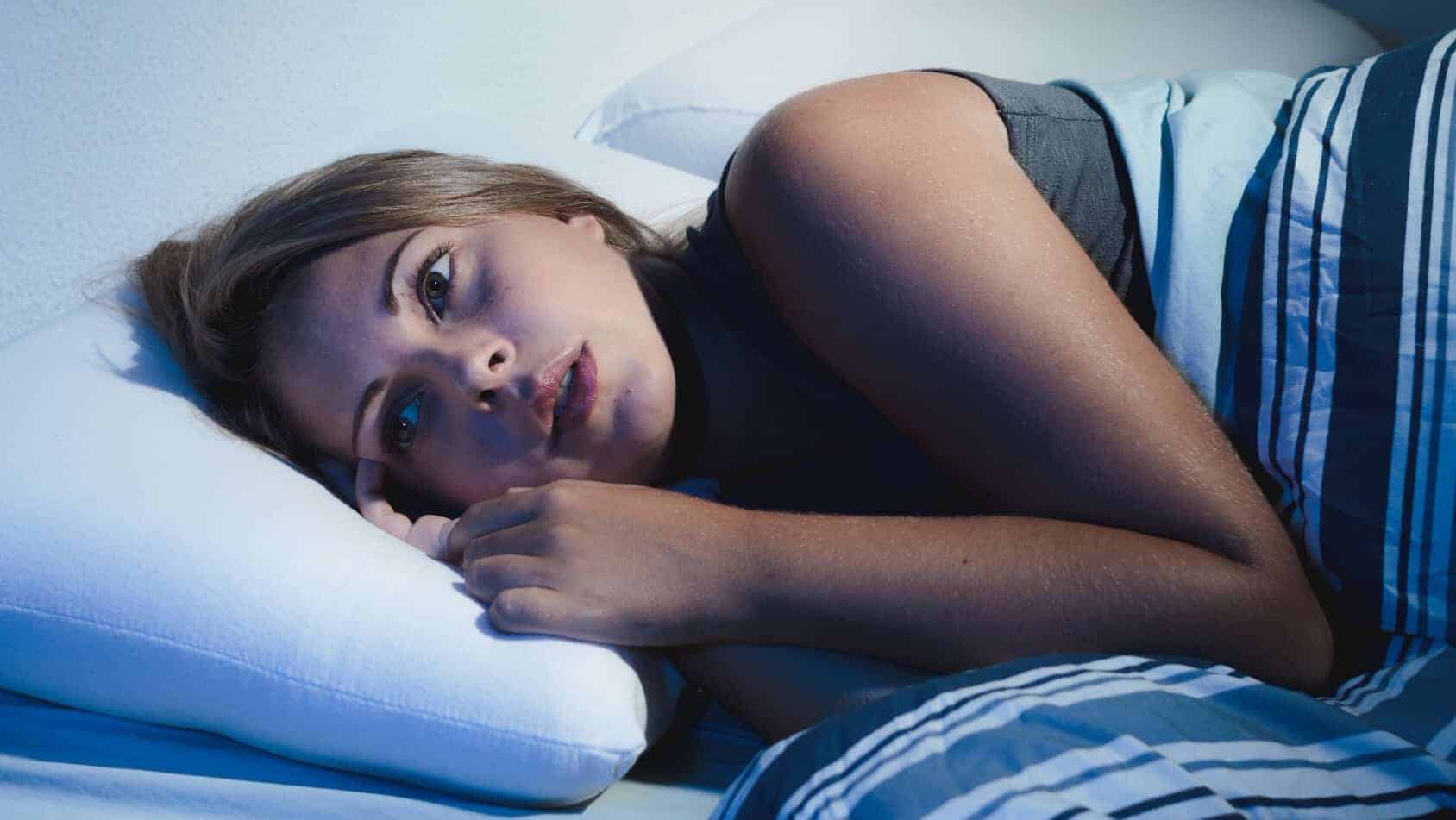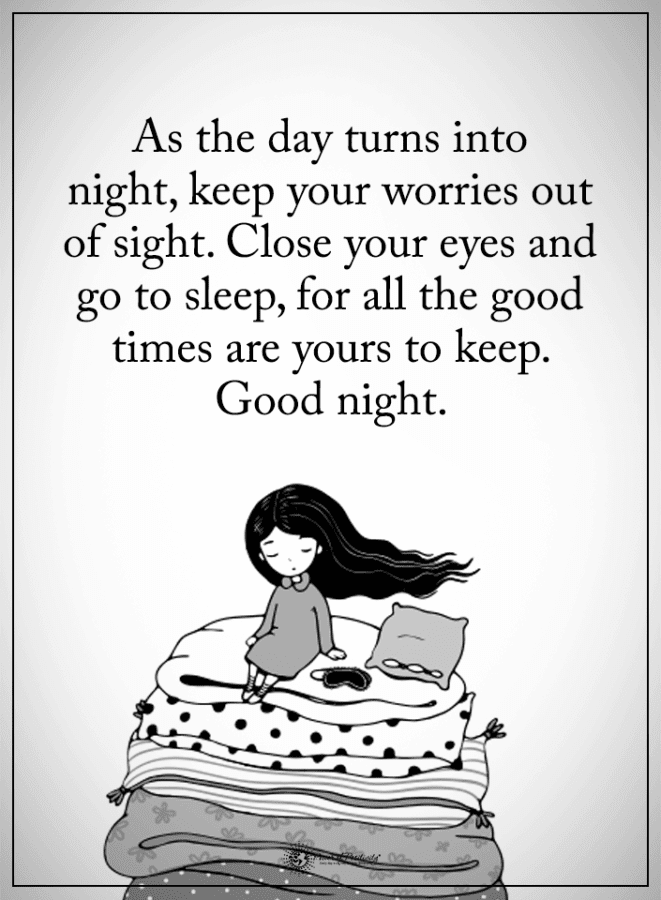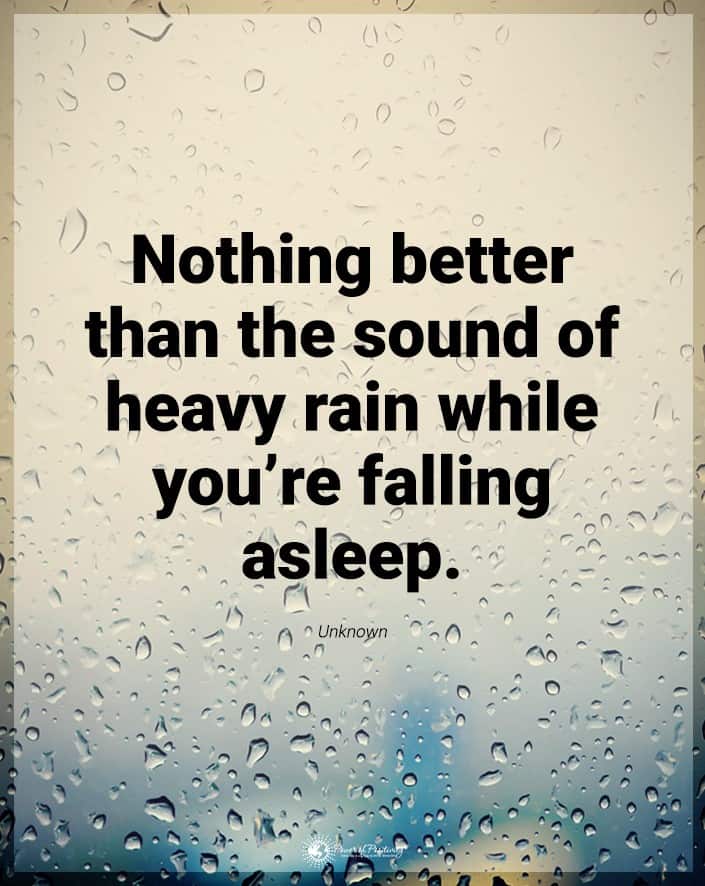Does your body ever jerk you awake as you are falling asleep.
One moment, we feel ready to sink into deep unconsciousness, and another, we’re being jolted back into reality. How rude of us to do that to…us.
Has this ever happened to you? Turns out that it’s happened to most of us; for some people, it occurs on an all-too-frequent basis. If you’re like most, you’ve probably wondered why this happens. Indeed, it is a strange (even frightening) spectacle.
“Hypnagogic Jerks”
That’s what our shrewd friends in white lab coats are calling this phenomenon: a hypnagogic jerk. The name is derived from the hypnagogic state – the transitional period between wakefulness and sleep. Hypnagogic jerks are often referred to as hypnic jerks.
Hypnic jerks generally involve sudden, erratic movement (i.e., twitches or spasms) of the arms, legs, or entire body. Most often, hypnic jerks occur while trying to drift off to sleep. Interestingly, many people experience the sensation of falling immediately before sudden muscle twitches and abrupt awakening.
Has Your Body Ever Jerked Suddenly Falling Asleep? Here’s The Meaning Behind It…
Researchers are not entirely sure as to the physiological rationale of hypnic jerks, although there are plenty of accepted theories. Most scientists and physicians believe these jerks result from the brain transitioning to a lower frequency. Our brains produce high levels of activity from the moment we awake to the time we begin to “unwind” in the evening; hence, it seems plausible that the brain will, at times, attempt to regain this natural state of activity.
Another common theory is how the brain responds to bodily exhaustion. More specifically, when we’re highly fatigued, the brain will sometimes transition to the first stage of sleep too quickly instead of following a slower and more natural progression.
Usually, in the first stage of falling asleep, respiratory activity and heart rate slow down; the body “stills,” and our state of sleep is relatively light. According to the defense mechanism theory, when our bodies reach this state too quickly due to exhaustion, the brain may interpret it as a threat and initiate a jerking response.
What about that falling sensation?
As for the feelings of falling? Scientists are pretty confident these episodes result from the brain sensing equilibrium imbalance – a lack of stabilization. Ever leaned back too far in a chair and jerked forward to maintain balance? Felt faint when standing up too quickly? The brain can also signal the body to regain stability if it senses an imbalance. Similar to the prior theories, this also is an involuntary defense mechanism of the brain.
We all need quality sleep to be productive. As mentioned, our brains send and receive massive amounts of information throughout the day – and sleep is necessary for the brain to allocate, organize, process, and store this influx of information. Furthermore, sleep allows the brain to solidify and consolidate memories. This is particularly important when converting short-term into long-term memory. Hypnic jerks can disrupt our normal sleep pattern, mainly when they occur regularly.
Which leads to the question: can hypnic jerks be avoided?
The simple answer is both yes and no. Apologies, as that isn’t a simple answer. Here’s some elaboration. The human brain is a remarkably complex organ, producing stimuli that is sometimes unexpected (thus unexplainable). As is common knowledge, the brain operates typically at frequencies within specific ranges depending on the activity. For example, these predictable range frequencies allow us to maintain a regular sleep/wake cycle.
Sometimes, the brain involuntarily produces signals beyond normal, expected frequency ranges. We experience these anomalies in several ways (e.g. daydreaming, losing track of time), including in our sleep/wake cycles. Jet lag is another common sleep disruptor caused by involuntary, erratic brain activity.
That said, there are a few things scientists do know. First, sleep deprivation is a trigger of hypnic jerking. Not getting the recommended amount of sleep (seven to nine hours) frequently can lead to hypnic jerking. Pulling an all-nighter for work or studying is counterproductive and can result in jerking awake. Excessive consumption of alcohol or nicotine, especially before bedtime, can have us twitching ourselves awake.
Final Thoughts: Develop Good Habits for Falling Asleep
Granted, this is a humdrum and bland answer…but it’s very accurate. Practicing good sleep habits: going to bed and waking at the same time; abstaining from alcohol and nicotine; getting seven to nine hours regularly; putting the tablet/cell phone/laptop away; tackling complex tasks early; limiting the amount of light during sleep time; etc. etc. etc. will help limit those jerking episodes. More importantly, though, we’ll be our most productive selves.
In summation, hypnic jerks are annoying and even frightening, but they’re not dangerous. Heck, they’re not even a sleep disorder. The preeminent organization of sleeping behaviors – the National Sleep Foundation (NSF) – estimates that nearly seventy percent of people experience hypnic jerks at some point.
(Now, should these twitching episodes become a regular occurrence, it may indicate a disorder such as chronic insomnia. Of course, a doctor’s appointment would be wise in such cases. However, a sleep disorder originating from hypnic jerks is very rare.)
As one smart feller at NSF says: “There are no serious consequences, it won’t give you a heart attack or anything – the worst that can happen is you jerk so hard that you fall out of bed.”
So, if you should tumble from your delightful resting place, jump back under the covers and shut those eyes. You needn’t worry your little sleeping head about it.

















